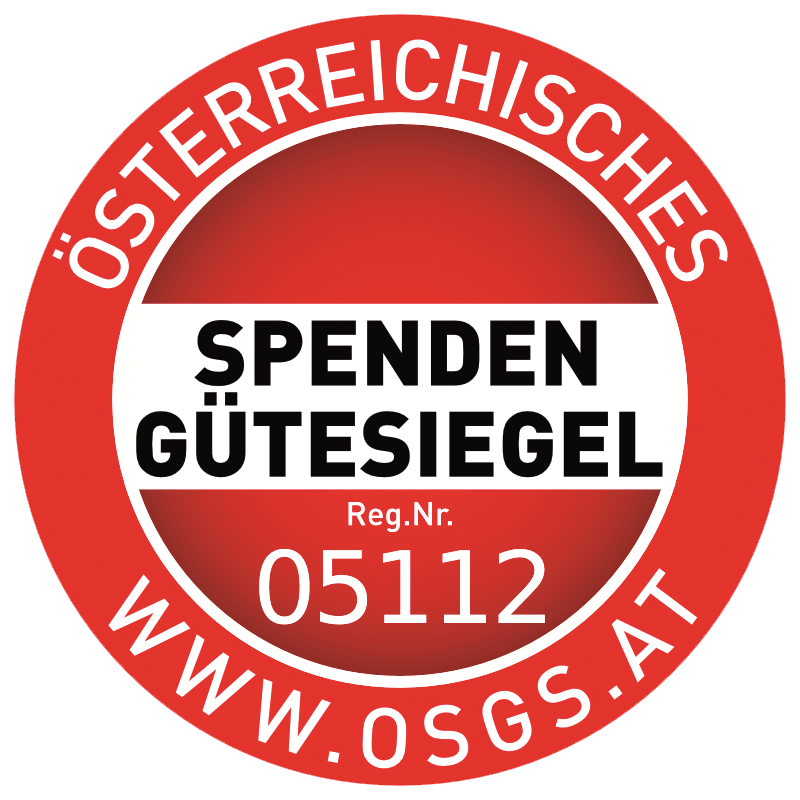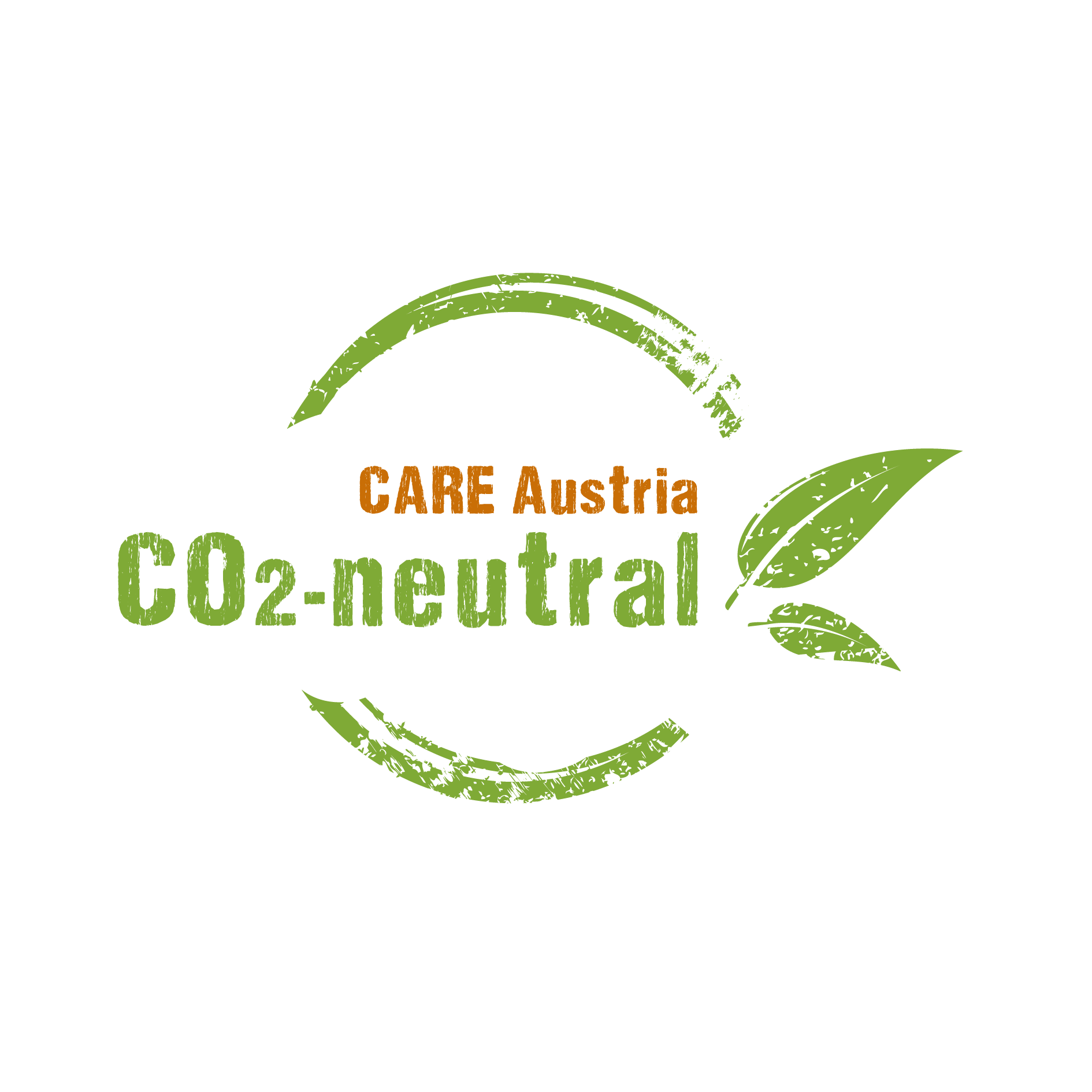Westbank / Gaza: Increasing health and resilience to COVID-19 and similar crises in Palestine, West Bank and Gaza – WBG957
Palestinian health facilities lack adequate medical equipment and the capacity to respond to COVID-19 and other similar emergencies, particularly in Gaza, due to the long-standing restrictions in bringing in supplies. While the vaccine supply in Palestine has improved, the main barrier to vaccination now appears to be a lack of information on the efficacy and safety of the vaccine, especially among youth, women, residents of camps and villages, and those with poor internet access.
The pandemic and the economic distress from both political violence and COVID-19 have increased the risk of gender-based violence (GBV) for women and girls in the occupied Palestinian territories (oPt). Weak clinical management of rape services restrict supportive services. The survivor-centred approach is often breached through virginity testing embedded in the practice of forensic medicine, lack of confidentiality across service provision channels, survivor-blaming and mandatory reporting. There has also been a significant increase in psychological distress due to the pandemic and political turbulence. In 2022, over 621,000 people need mental health services in oPt and there is a need to support medical staff with relevant training.
Objectives:
1) Communities’ knowledge and awareness of COVID-19 and infectious diseases are improved (COVID-19, Influenza, other communicable diseases and prevention measures).
2) Capacities of health care providers to prepare for and respond to COVID-19 and other emergencies are strengthened.
3) Capacities of public health facilities are enhanced for improved infection control.
Expected Results:
ER 1.1 Communities are capacitated to become advocates for community health promotion and prevention.
ER 1.2 Community members are capacitated to become catalysts of change in community health promotion, prevention and GBV prevention.
ER 1.3 Diverse groups of community members improve their knowledge and awareness of community health promotion and prevention behaviours.
ER 2.1 Health care providers and community health workers are capacitated to respond to emergency and non-emergency health situations.
ER 2.2 Health care providers are capacitated to better respond to COVID-19 related mental health gaps.
ER 2.3 Health care providers are capacitated to detect and refer gender-based violence cases.
ER 3.1 Hospitals and Primary health centres are supported with medical equipment/supplies for infection prevention and control.
Activities:
- Establish Steering Committee
- Conduct trainings for community leaders to become advocates for community health promotion and prevention behaviours
- Conduct trainings for women association on health promotion and prevention for COVID-19 and other health problems, and on GBV detection and referral
- Establish male groups and conduct training on raising awareness and engagement in GBV prevention
- Conduct outreach and raising awareness activities for GBV prevention through community initiatives
- Conduct awareness raising sessions for the elderly, people with disabilities, schools, journalism students, youth groups
- Launch initiatived in targeted schools and youth groups to disseminate messages
- Conduct national campaigns through online and media
- Conduct trainings on Basic Emergency Preparedness, Advanced Cardiovascular Life Support, and Fundamental Critical Care for health care providers
- Conduct trainings on IPC and Communication Skills for Internal Medicine and community health workers
- Conduct trainings on identifying and addressing mental health gaps for healthcare providers and social worker
- Conduct trainings on gender-based violence detection and referral for healthcare providers
- Conduct a rapid assessment to validate the urgently needed equipment/supplies
- Procure identified equipment/supplies and distribute to the identified health facilities.
Location
West Bank (North of Palestine in Tubas area, the South in Hebron) and Gaza, all districts
Beneficiaries
Direct beneficiaries: 3,734 individuals including 1,184 healthcare providers, 1,500 students, 400 youth group members, 160 men/boys, 160 elderly, 120 People with Disability, 120 journalism students, 72 community leaders, and 18 women association members.
Indirect beneficiaries: 50,000 individuals will be reached through community-based initiatives, provided medical equipment in health facilities and national campaigns.
Duration
01.02.2023 – 31.07.2024
Total Budget
1,500,000 EUR
Donors
This project is funded by the Austrian Development Agency (ADA) (with funds of Austrian Development Cooperation).
This project contributes to the following sustainable development goals (SDGs):









